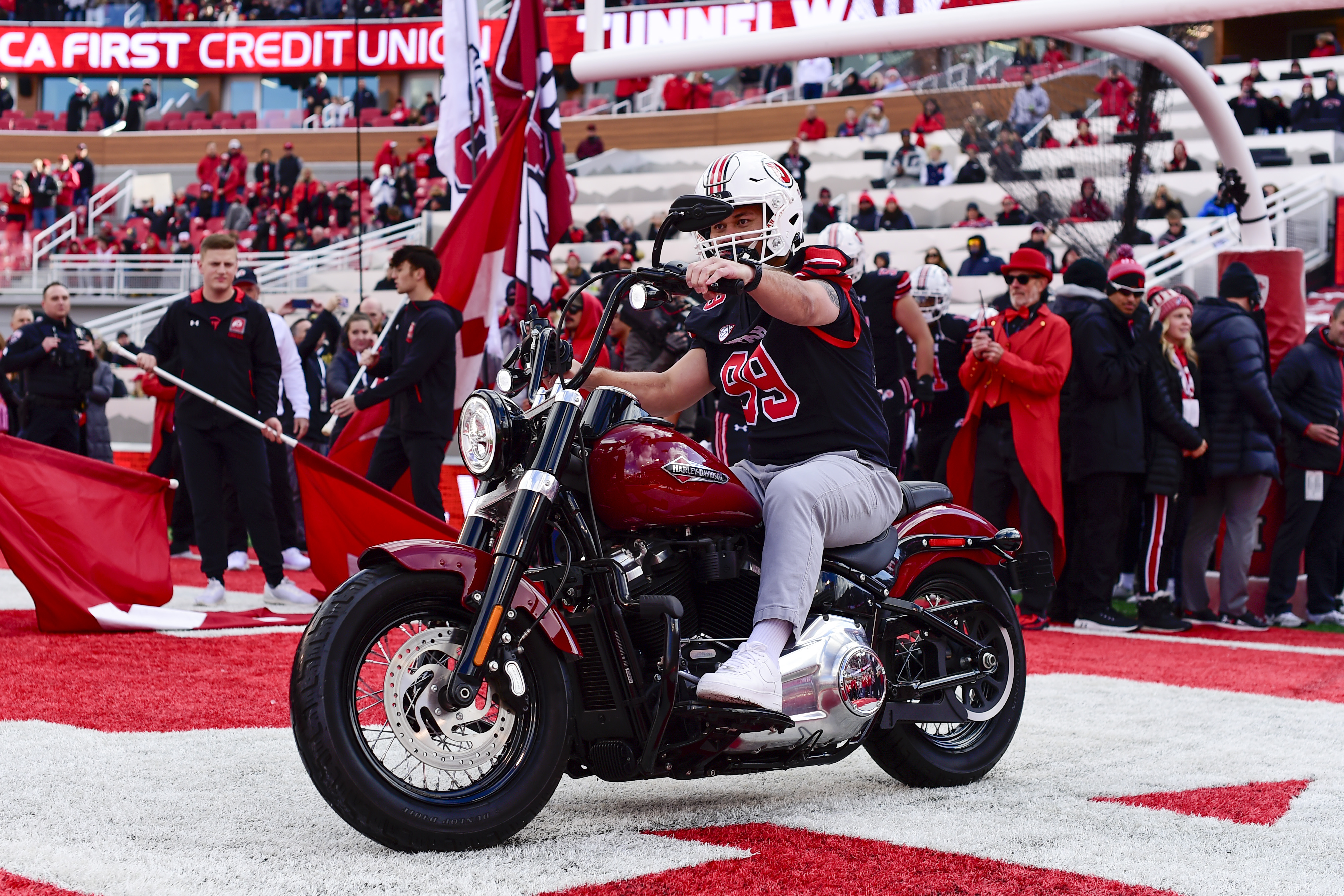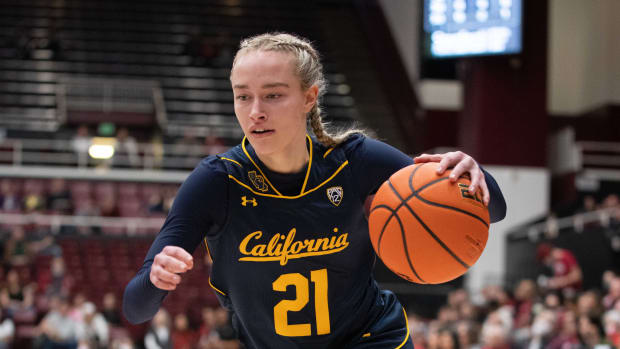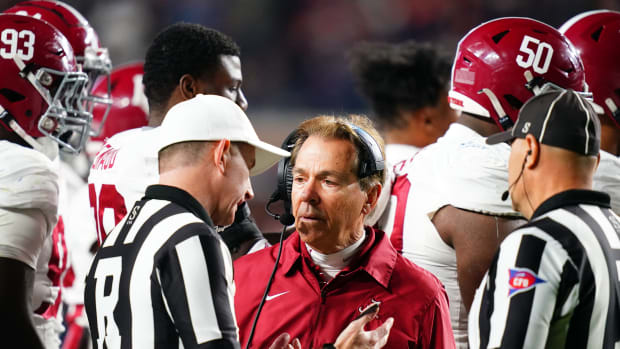
Utah Schools Appeal Ruling Making NIL Contracts Public Records
Five universities in Utah are appealing the State Records Committee's ruling that college athletes' name, image, and likeness contracts are public records under state law.
The following universities are challenging the ruling: University of Utah, Utah State, Southern Utah, Weber State, and Utah Valley. The schools filed the complaint in Utah's 3rd District Court on Wednesday, asking the judge to reverse the committee's order.
The committee unanimously ruled in October that NIL contracts are not "education records" under the federal Family Educational Rights and Privacy Act (FERPA), which would prevent the contracts from public disclosure.
Instead, the committee held that the NIL contracts fall under the Government Records Access and Management Act (GRAMA) of the Utah Code. Under GRAMA, NIL contracts were deemed "public records" and thus can be released to the public. Personal information such as student-athletes' home addresses and contact information can still be redacted.
Universities across the United States have refused to make NIL contracts public and have instead classified them as "education records" under FERPA. Utah appears to be the first state to make a ruling to the contrary.
Attorneys representing the universities argue that the NIL contracts are protected from public disclosure under FERPA, and therefore GRAMA does not apply.
Furthermore, the universities argue that some of the records would even be private or protected under GRAMA because they are not related to government business and would invade the college athletes' privacy rights.
In response, attorney Jeff Hunt representing the Desert News commented, "We believe the State Records Committee got it right in ruling that the records are public and we look forward to presenting the issue to the court."
Schools around the country will keep a close eye on this case, as it could potentially pave the way for other states to make similar rulings.













